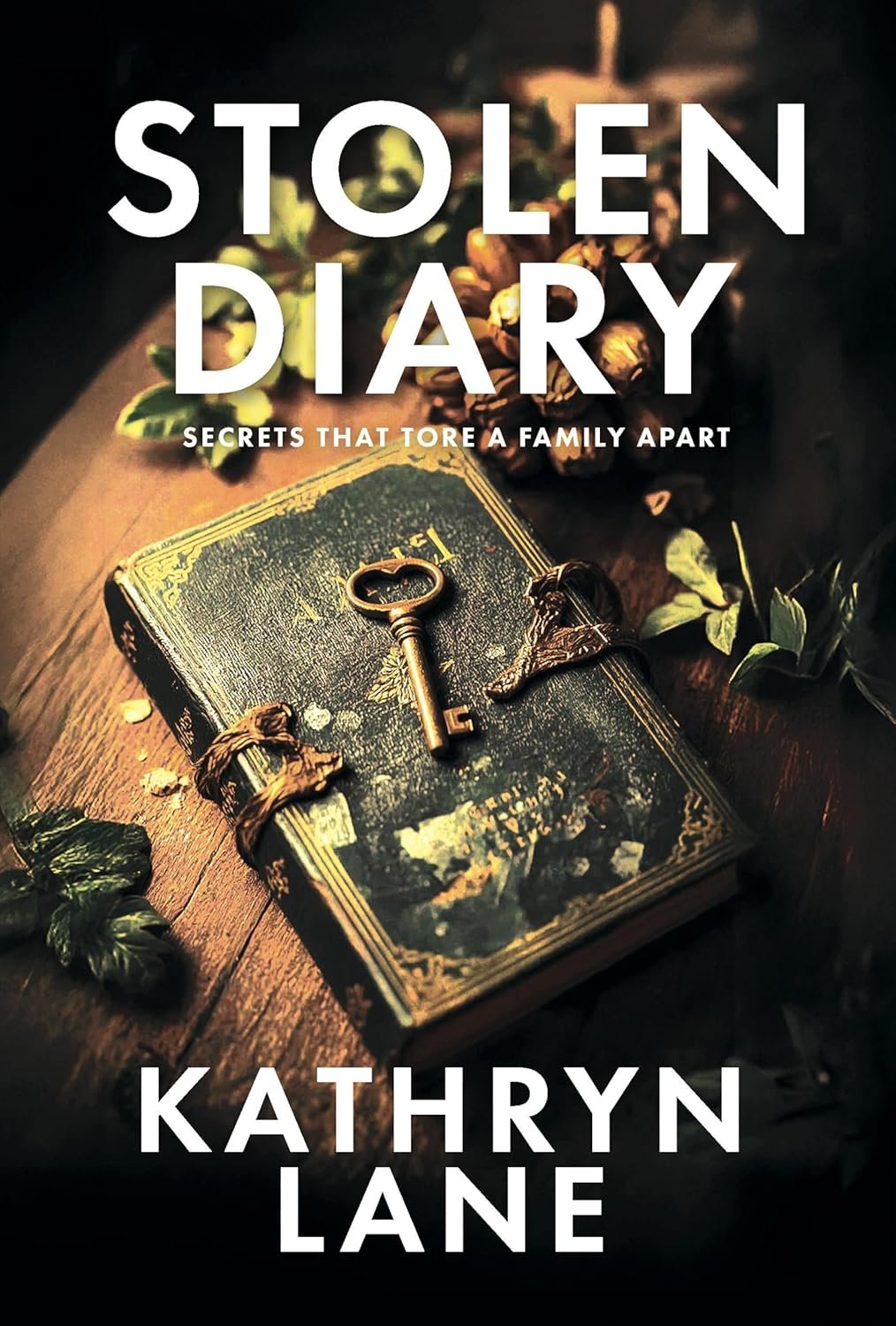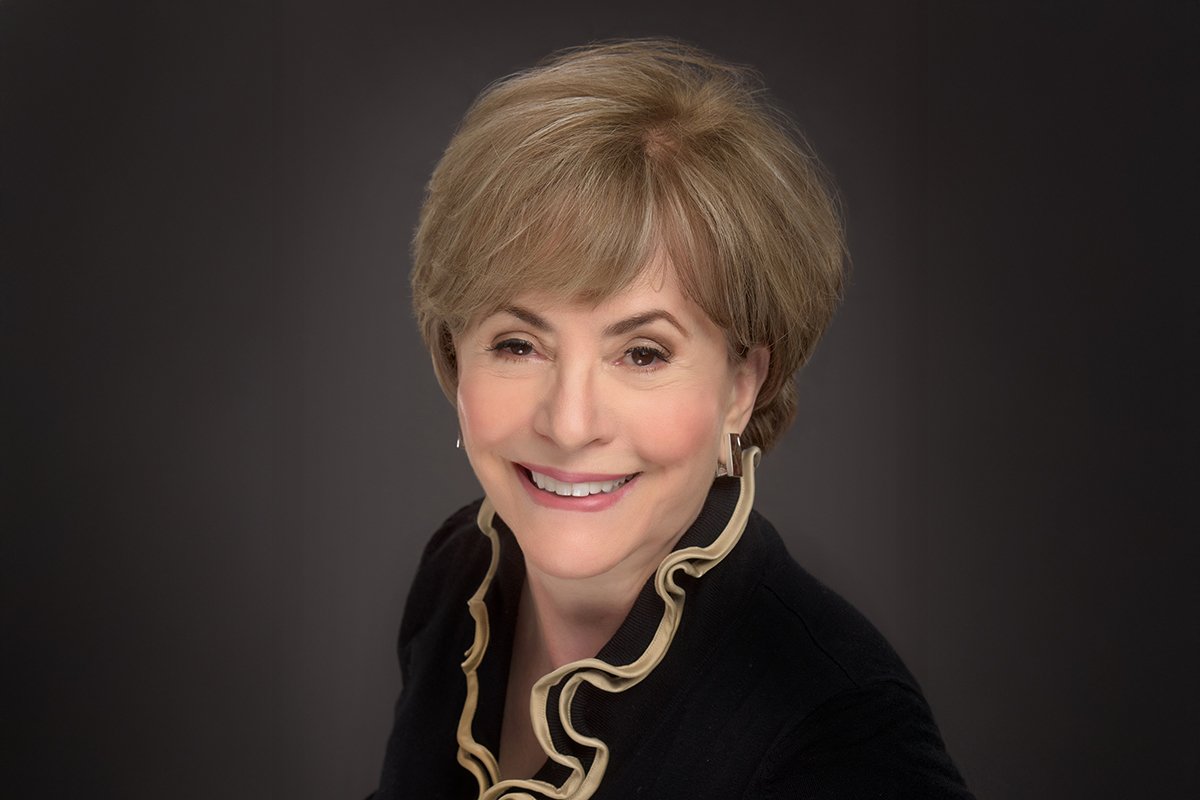PHOTO: Kathryn Lane, author of the Nikki Garcia Mystery Series, captures the essence of her global adventures with her engaging storytelling.
Mystery Novels, Global Adventures, And Writing Across Cultures
Kathryn Lane discusses her mystery novels, the cultural influences on her work, and the real-life experiences that fuel her storytelling.
Kathryn Lane’s writing emerges from a life rich with experience and a profound curiosity for the world. Born in northern Mexico, she married young, embarked on a journey that took her to the Outback of Australia, and later settled in the United States, all before discovering her true passion for storytelling. These diverse life chapters deeply inform her writing, lending her characters and plots a depth that resonates with readers far beyond the page. From navigating corporate boardrooms to immersing herself in the creative world, Lane’s multifaceted journey mirrors the complexity of her narratives.
Her Nikki Garcia Mystery Series has won acclaim for its globe-trotting protagonist, a Miami-based private investigator who delves into mysteries spanning continents. Lane’s deep understanding of foreign cultures—nurtured by her extensive travels—imbues her novels with authenticity and colour. Yet it is her gift for blending the intrigue of foreign landscapes with the pulse of human nature that truly sets her apart as a storyteller. Each setting is not just a backdrop but a living, breathing part of the narrative, shaping both the story and Nikki’s worldview.
In addition to her suspenseful thrillers, Lane’s Stolen Diary offers a tender exploration of a mathematically gifted young girl on the autism spectrum, showcasing the author’s ability to weave delicate emotional threads into the fabric of a mystery. Lane’s commitment to research—whether through conversations with experts or firsthand experience—brings an unmatched realism to her stories, making them feel as though they could happen tomorrow.
With each new book, Lane pushes her own boundaries, inviting readers on an adventure that is as intellectually engaging as it is thrilling. Her writing is an invitation to explore both the known and unknown, where the line between the two is never quite as clear as it first seems.
A gifted storyteller, Kathryn Lane seamlessly blends mystery, suspense, and rich cultural landscapes into gripping narratives.
What first drew you to set so many of your stories outside the United States, and how does the flavour of each country shape Nikki Garcia’s outlook?
I’ve always been enamored of other cultures and history! As a twelve-year-old, I wrote a term paper on the impact of Renaissance art in Rome, with emphasis on Michelangelo and the Sistine Chapel ceiling. Once I finished that assignment, I asked my dad to relocate us to Rome. His response was a loud burst of laughter.
As an adult, I worked in finance for a major multinational corporation. I loved that job – not because I loved being a CPA (chartered accountant), but for the travel it involved. To date, I’ve been to 101 countries. Not bad for a girl that came from a small town in northern Mexico!
“I’ve always been enamoured of other cultures and history!” – Kathryn Lane
Nikki, my protagonist, gives me a reason to delve into various topics in different places. I do copious research into the subject matter and the locations I select. I often feel like a Hollywood Scout searching for sites to film.
In “Terror in Desert Skies” you open with a hot-air-balloon catastrophe; how much hands-on research did you carry out with balloon crews before writing that sequence?
When I attended the University of New Mexico in Albuquerque, I was part of a balloon chase crew. So, I do have hands-on research, even though it was a while ago. I updated my knowledge by speaking with pilots and crew members. Witnessing 600 to 700 balloons flying in the festival is one of the most beautiful sights to behold. I hope I captured a bit of that in the novel.
Your stand-alone novel “Stolen Diary” gives a sensitive portrayal of a mathematically gifted girl on the autism spectrum; what personal or professional experiences informed Jasmin’s voice?
In Stolen Diary, I did not set out to write about a child on the spectrum. It evolved from a child being gifted in music to also being a genius in mathematics. I do not outline my novels in advance, so like George R. R. Martin from Game of Thrones, I follow the characters to where they take me. In this case, I was surprised when my research led me to conclude Jasmin was on the spectrum.
“Nikki gives me a reason to delve into various topics in different places.” – Kathryn Lane
By researching Jasmin’s traits, I concluded she had to be on the spectrum. As I delved further into the topic, I realized my granddaughter exhibited many of Jasmin’s qualities. At that point, I suggested to my son to take his daughter in for autism testing. Until recently, girls on the spectrum have not been diagnosed as readily as boys have been.
Nikki often juggles moral ambiguity—especially when befriending suspects; how do you keep her likeable while allowing her to make ethically grey choices?
Nikki is motivated to find the culprits of a crime. She wants to find justice. To be effective, she must cross into ethically grey areas on occasion. In Murder in Monte Carlo, she “befriends” the suspects because she’s doing undercover work to locate stolen art. When she breaks in and enters their cabin, she is searching for evidence. Nikki does the search without a warrant, after all, private investigators cannot get warrants, only law enforcement can. When she makes these grey choices, she must be careful not to get caught!
Readers like strong women sleuths willing to take risks to bring the guilty to justice. Nikki falls into that category.
“History is often shaped by politics.” – Kathryn Lane
From Medellín to Monte Carlo, you weave local politics and history into the plot without slowing the pace; could you share your technique for balancing exposition and action?
History is often shaped by politics. By placing Nikki in Medellin, it was natural to mention the city’s recent history with drug lords.
For Revenge in Barcelona, my thought was to set the tone that Spain is a country shaped by its many conquerors, from the Visigoths to the Romans to the Moors. Each group left their imprint on the culture. Even the Romani people, who were not conquerors but merely migrated there, have helped define modern Spain. Yet, I tried to portray the melting pot that Spain is without delving too deeply into its history. So, I weave in snippets of history that flow easily into the narrative or the dialogue. After all, I write mysteries, not historical novels.
Wildfires, drones, art laundering, intelligence bunkers — your research range is huge; what has been the most surprising fact you’ve uncovered while preparing a book?
It’s the love of research, of wrapping my arms around a topic to the point that I feel I can develop it into a storyline or subplot, that motivates me to explore all types of topics. Research fuels the story and vice versa.
Most surprising on a personal level was the unfortunate event of a wildfire in northern New Mexico, where we spend the summers. The fire forced us to evacuate. Experiencing the fear and anxiety of a fire so close to our cabin made me include the wildfire in Rage in the Wilderness. New Mexico also has national laboratories, like Los Alamos and Sandia. The inclusion of the labs added a necessary balance to the story.
You travel extensively with your husband for research; can you describe a moment when a real-life journey forced you to rethink an entire storyline?
I planned to write a mystery where Nikki would investigate money laundering through a Hong Kong bank. My husband, Bob, and I had already paid for the trip. It was scheduled for early 2020 and then COVID happened. When we could not travel, I had to rethink the entire story.
The state of Florida had not closed due to the pandemic, so instead of exotic Hong Kong, we went to Miami. And instead of money laundering, it turned into a child abduction case. While doing research for Missing in Miami, we had dinner at a Cuban restaurant one evening. Our server was Cuban American. That incident inspired me to include Cuba in the story, and to add the stem cell therapy and transplant surgeries done on that island nation.
We couldn’t go to Cuba due to COVID, but I’d traveled there ten years earlier and I did copious online research, and I also spoke to several Cubans, some of whom had recently left Cuba.
Having built an award-winning series and moved across genres, what single piece of counsel would you give to fellow authors who want to keep readers hooked book after book?
Place your protagonist in exciting adventures to keep the stories fresh!
EDITOR’S CHOICE
Stolen Diary is a gripping, emotional journey of self-discovery, beautifully exploring family dynamics, identity, and the strength of women.



